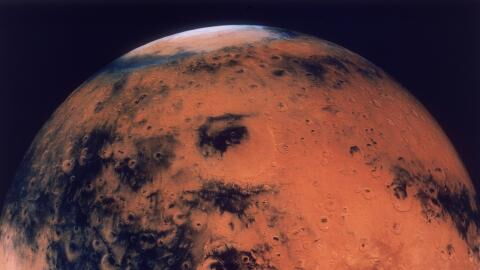NASA is getting ready to launch an atomic clock into orbit that is 50 times more precise than the models that are presently on board the GPS satellites currently orbiting Earth. Named the ‘Deep Space Atomic Clock’, it is so precise, that it would take 10 million years for the clock to be wrong by a single second.
Discover our latest podcast
An atomic clock, but what is it for?
Atomic clocks are used to measure time using cesium atom vibrations using ammonia, rubidium and hydrogen. Crucial for satellite navigation in space, they allow us to know the precise position of satellites without needing to do the calculations on Earth.
GPS satellites communicate with Earth through signals. Because we already know the speed at which these signals are transmitted, the distance between Earth and the spatial object can be easily determined. And so the more precise the clock is, the more precise we can determine their position.
The advantage of an atomic clock
Since it is 50 times more precise than regular clocks, the atomic clock will allow us to directly determine the position of a spatial object after receiving signals from Earth and without needing to send a second signal. This means there will be less lags caused by unforeseen events and will allow for very precise, quick course correction.
It will also allow NASA to manage multiple vessels at the same time, since radio telescopes will no longer need to be constantly oriented towards the same spacecraft.
This will considerably change the way in which we travel in space. The atomic clock will be sent to orbit aboard the Falcon Heavy rocket from SpaceX. You will be able to watch the launch live on their website.















